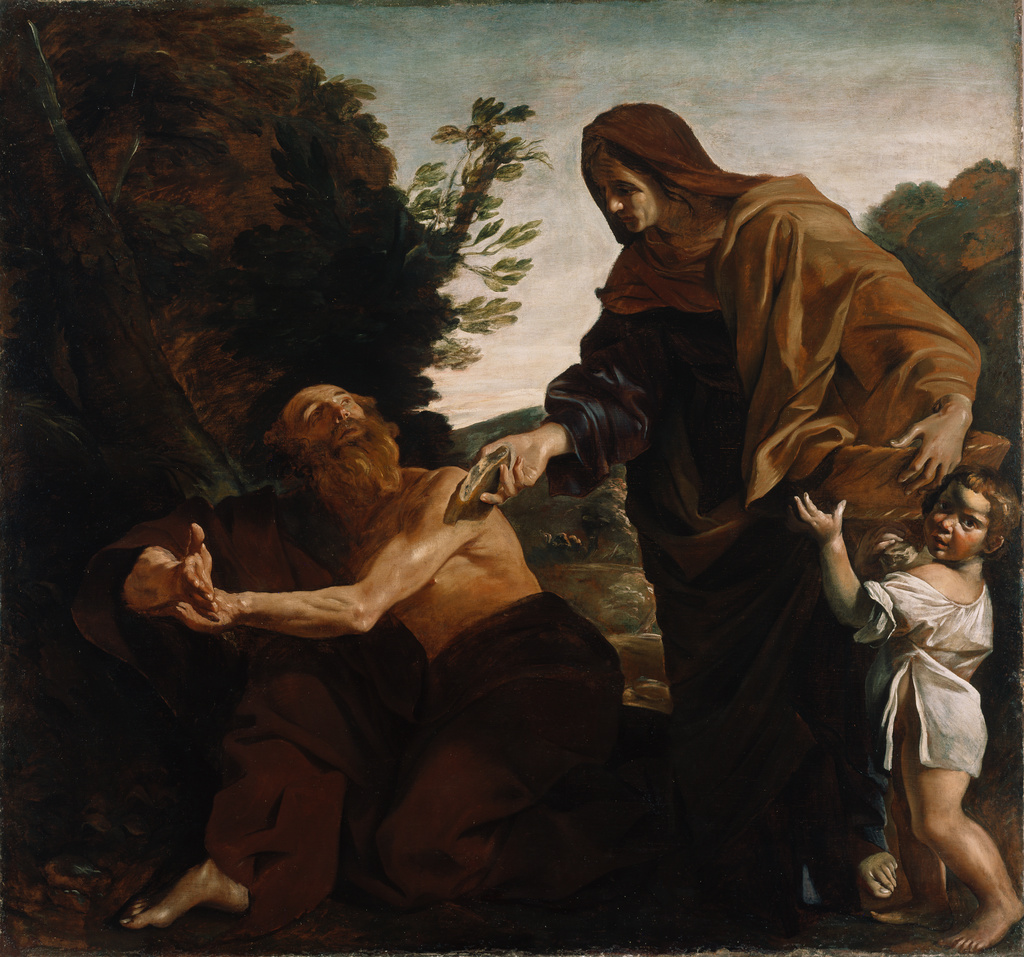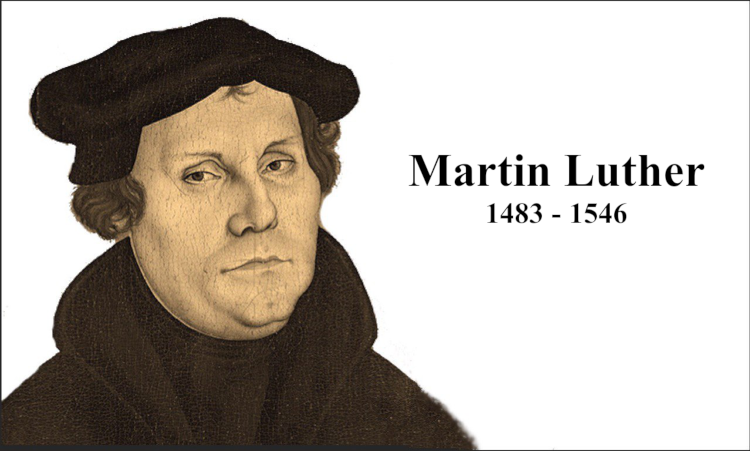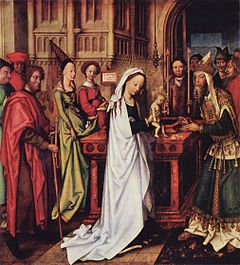Numbers 27:12-23
(focusing on 15-18)
Moses said to the LORD, “May the LORD, the God of the spirits of all mankind, appoint a man over this community to go out and come in before them, one who will lead them out and bring them in, so the LORD’s people will not be like sheep without a shepherd.” So the LORD said to Moses, “Take Joshua son of Nun, a man in who is the spirit and lay your hand on him.” Continue reading “Sheep without Shepherds”






